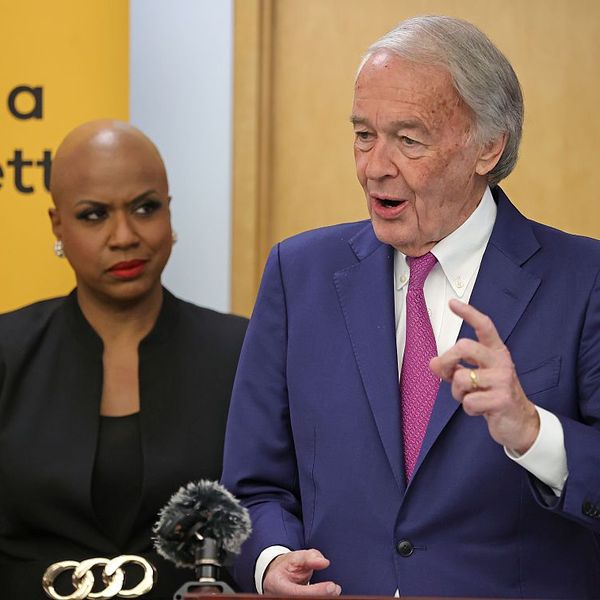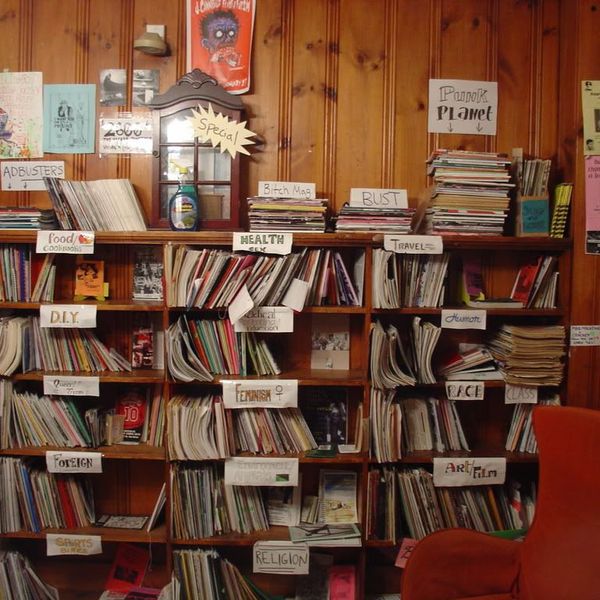The first and most important thing to remember about Monday's explosion at the Marcoule nuclear facility in southern France is that one man was tragically killed and four others were injured. Our condolences and thoughts are with their family and friends.
With this mind, the haste with which the French nuclear companies EdF and AREVA rushed out their spin in the first hours after the accident appears all the more unseemly. On AREVA's blog, the casualties are mentioned only as the fifth item in a list of nine.
In a frantic attempt to decontaminate its reputation, EdF announced the explosion was 'an industrial accident, not a nuclear accident'. Does EdF, like us, think 'nuclear' is a dirty word? Edf's distinction that doesn't make sense when you consider the explosion occurred at a furnace used to burn low-level nuclear waste in a facility that also processes high-level nuclear waste. Could it be that EdF worries more about its reputation than the people it employs?
So, Marcoule wasn't a nuclear accident? Or was it an industrial accident? How about: it was a nuclear industry accident. It was an accident at a nuclear facility. These are accurate statements, aren't they? The outcome is the same - people die (as occurred after Chernobyl) or have their lives ruined (as we are now seeing at Fukushima) as a result, even if they are not directly involved.
Whatever else, the events of Monday prompt hard questions about the safety culture at Marcoule. It should be remembered that the part of the Marcoule plant where the accident took place has not been included in the stress tests of nuclear facilities requested by the French government after the Fukushima disaster. Nor was it included in the last round of inspections by France's Nuclear Safety Authority. Why was that? The French government and nuclear safety regulators have a lot of explaining to do.
It's not just the French nuclear industry that uses the spin we've seen this week - it's the same kind we've seen since the start of Fukushima nuclear crisis. The authorities asked how could the Fukushima reactors be expected to withstand the fury of an earthquake of such magnitude and the ten-metre tsunami that followed. It was insinuated that this was an 'act of God' scenario rather than any failings of the reactors, or of the nuclear industry. Yet TEPCO, Fukushima's operator, had known for three years that the plant was unable to withstand such a tsunami and had done nothing about it.
At Marcoule, apart from the tragic death and injuries, it appears that the people of Southern France - le Midi - are not in danger as, according to France's CRIIRAD (Committee for Research and Independent Information on Radioactivity) there have been no emissions of radioactive materials. That's good news but we must continue to closely watch this industry spin.
One thing we've learned, from years of watching the French nuclear industry is that initial pronouncements often cannot be taken at face value. In July 2008, after 18,000 litres of a uranium solution leaked into rivers close to AREVA's Tricastin nuclear plant owned in southern France, it took weeks for the details to become clear. It emerged later that AREVA had delayed telling the authorities about the leak, safety measures at the plant were found to be substandard, and some of the contamination found in the rivers was from a previously unreported leak from Tricastin. AREVA's chief executive Anne Lauvergeon spun the leak as an 'anomaly'. The nuclear industry sure does have a lot of anomalies.
The nuclear industry tells us that nuclear power is the answer to dirty fossil fuels, and it tells us there is no other choice. But on the same day as the explosion at Marcoule, Greenpeace unveiled an Energy [R]Evolution in Japan, showing how the country can switch off all nuclear plants permanently by 2012 yet still achieve both economic recovery and its CO2 reduction goals. Japan has only four fewer reactors than France's 58, yet with 80% of them currently shutdown, has suffered no major power shortages since the Fukushima disaster. That's an example France should be following.



